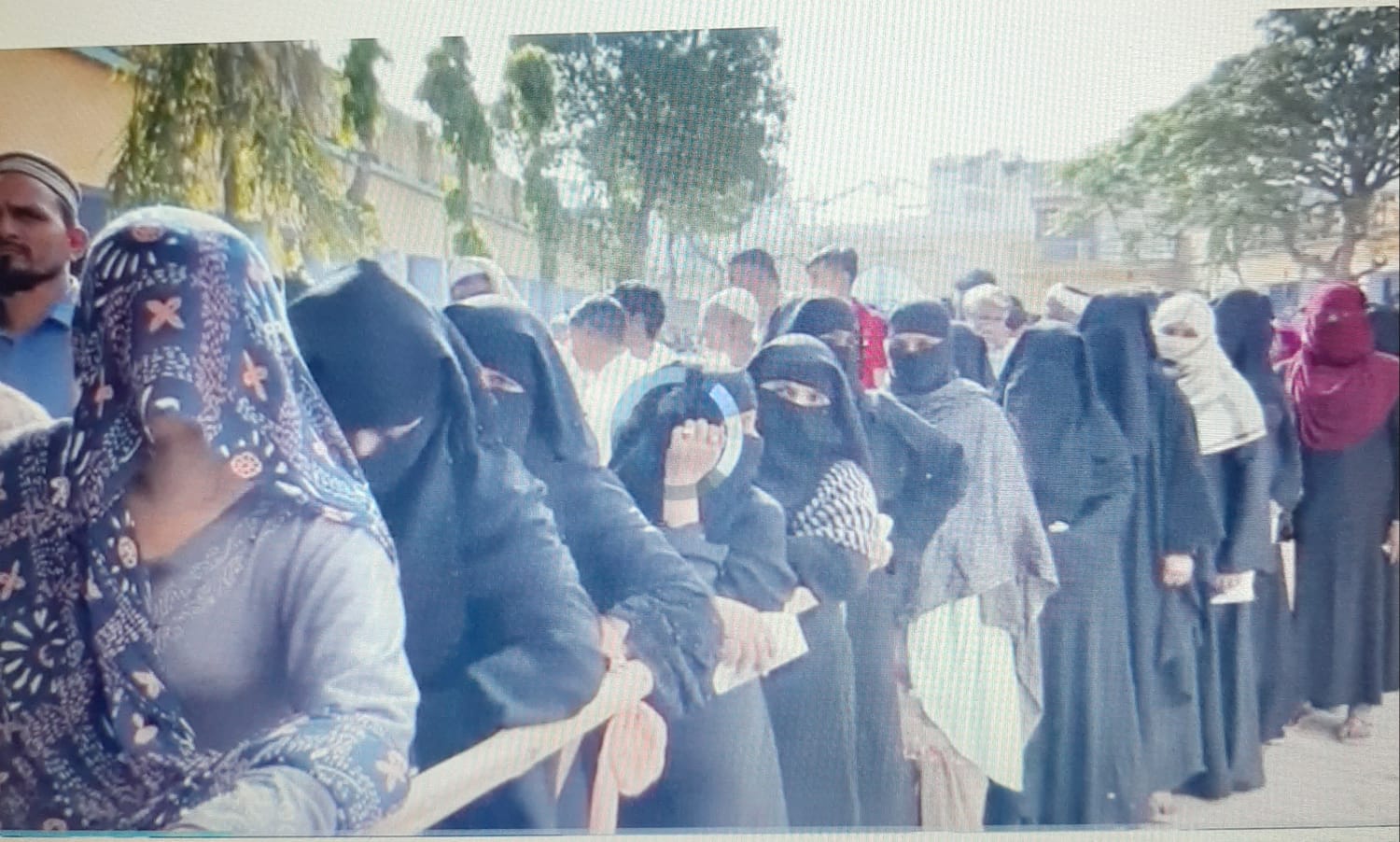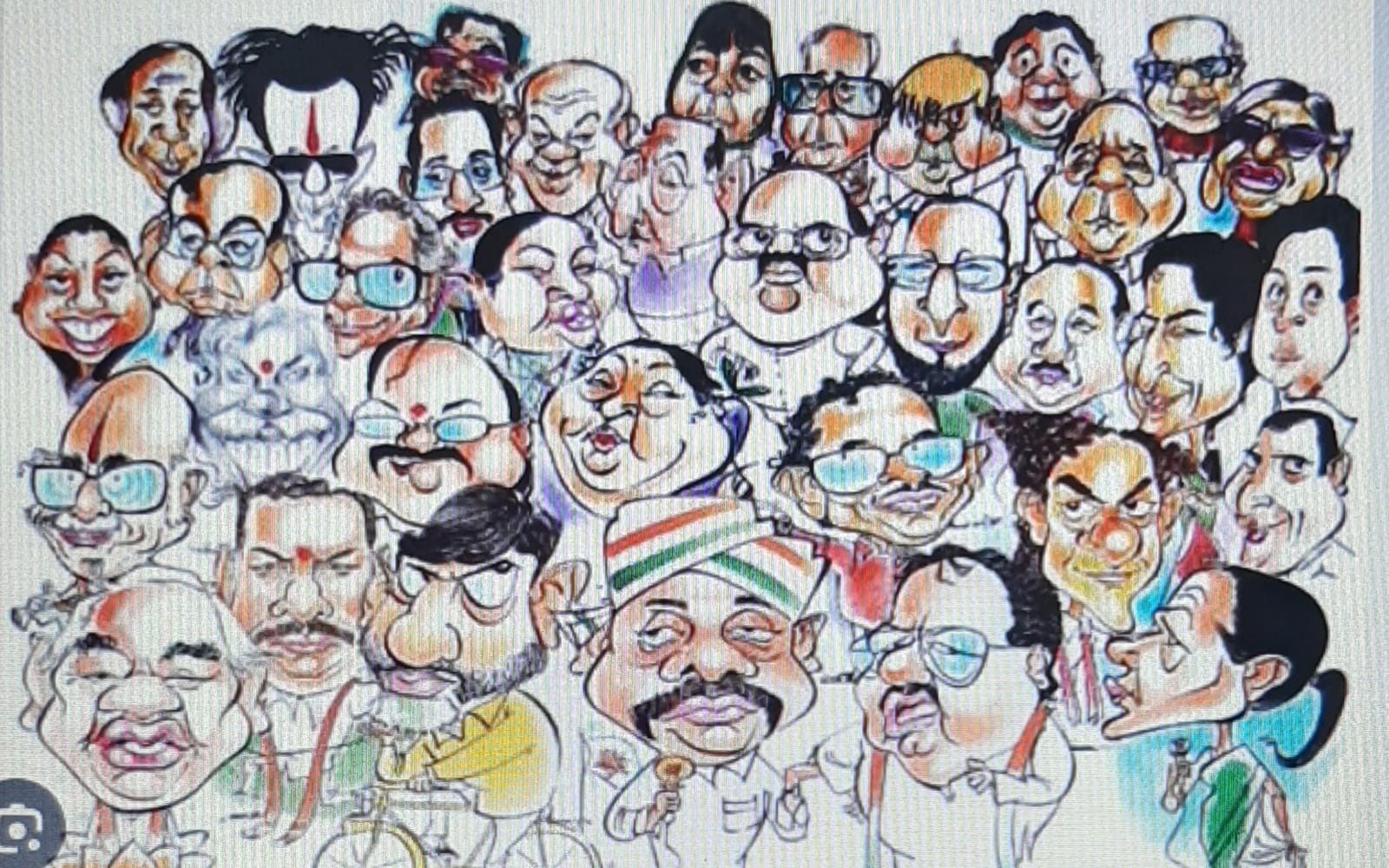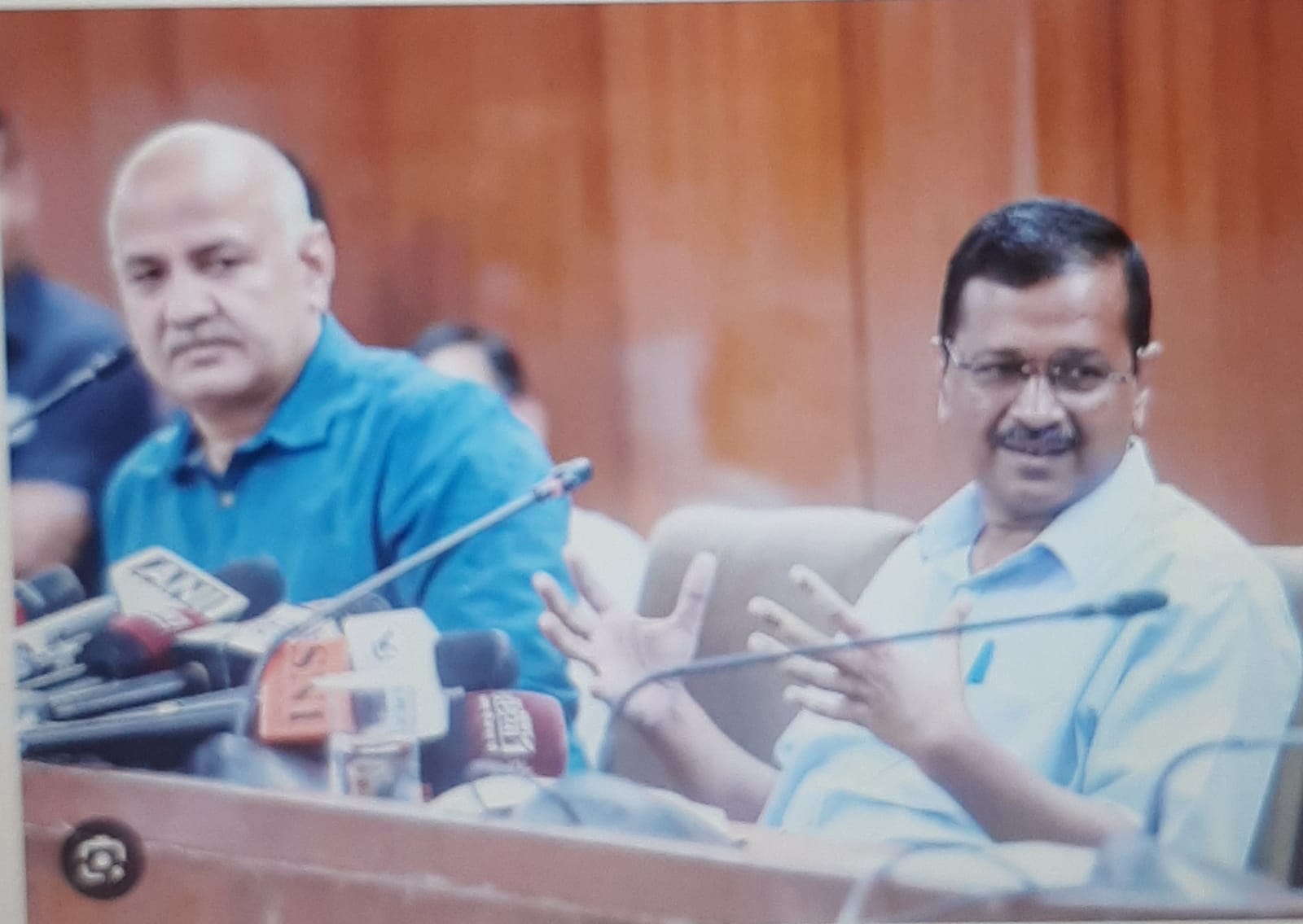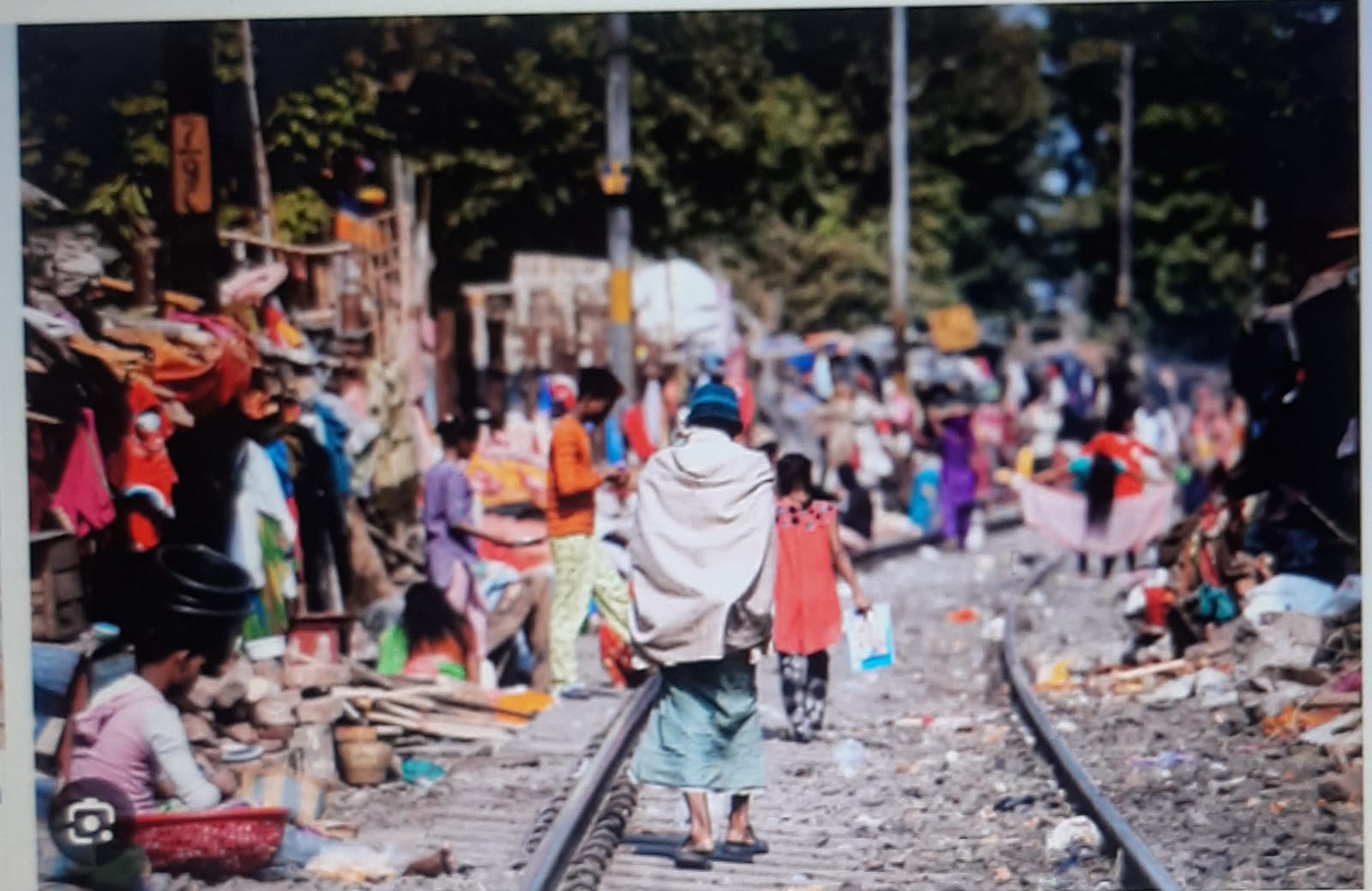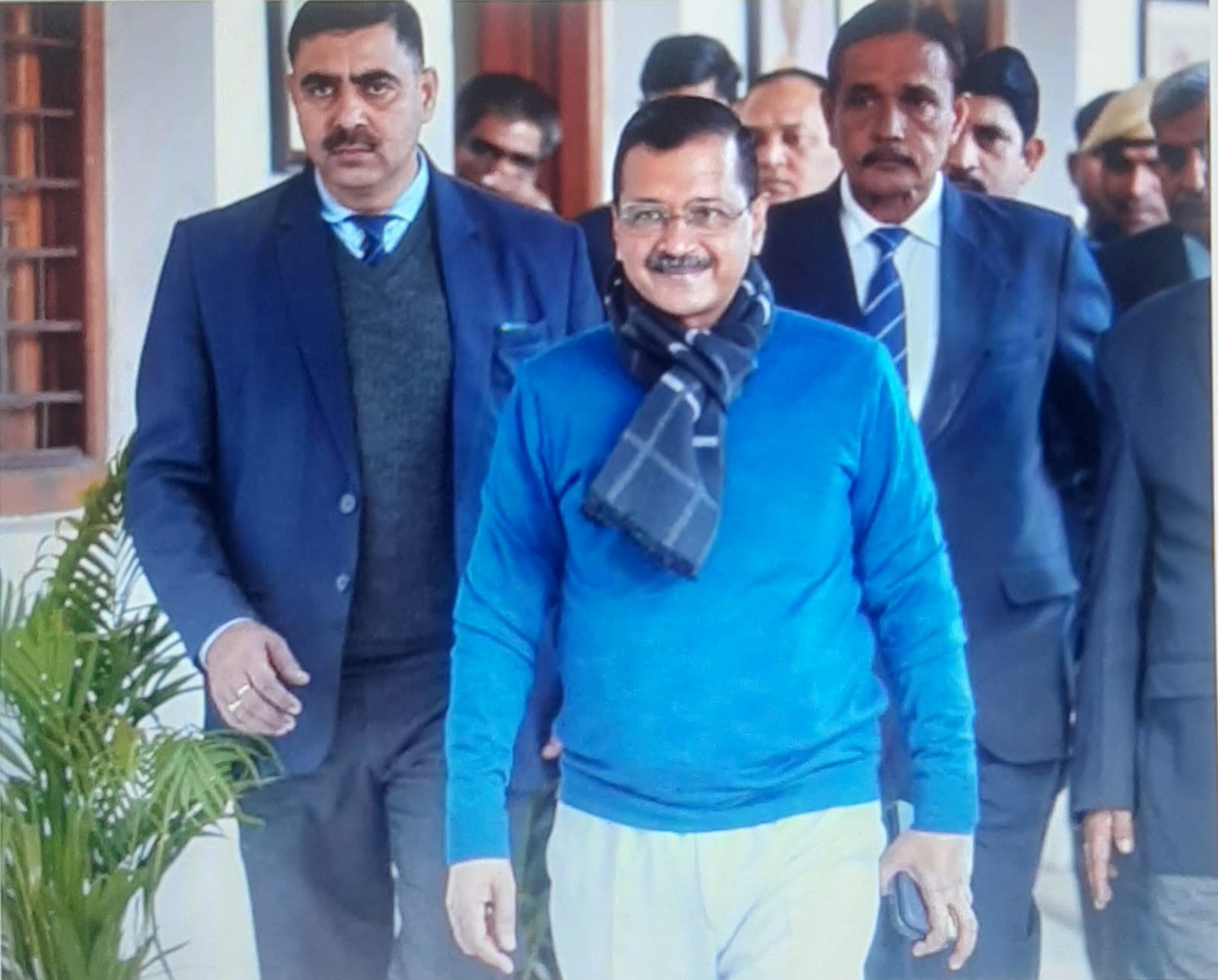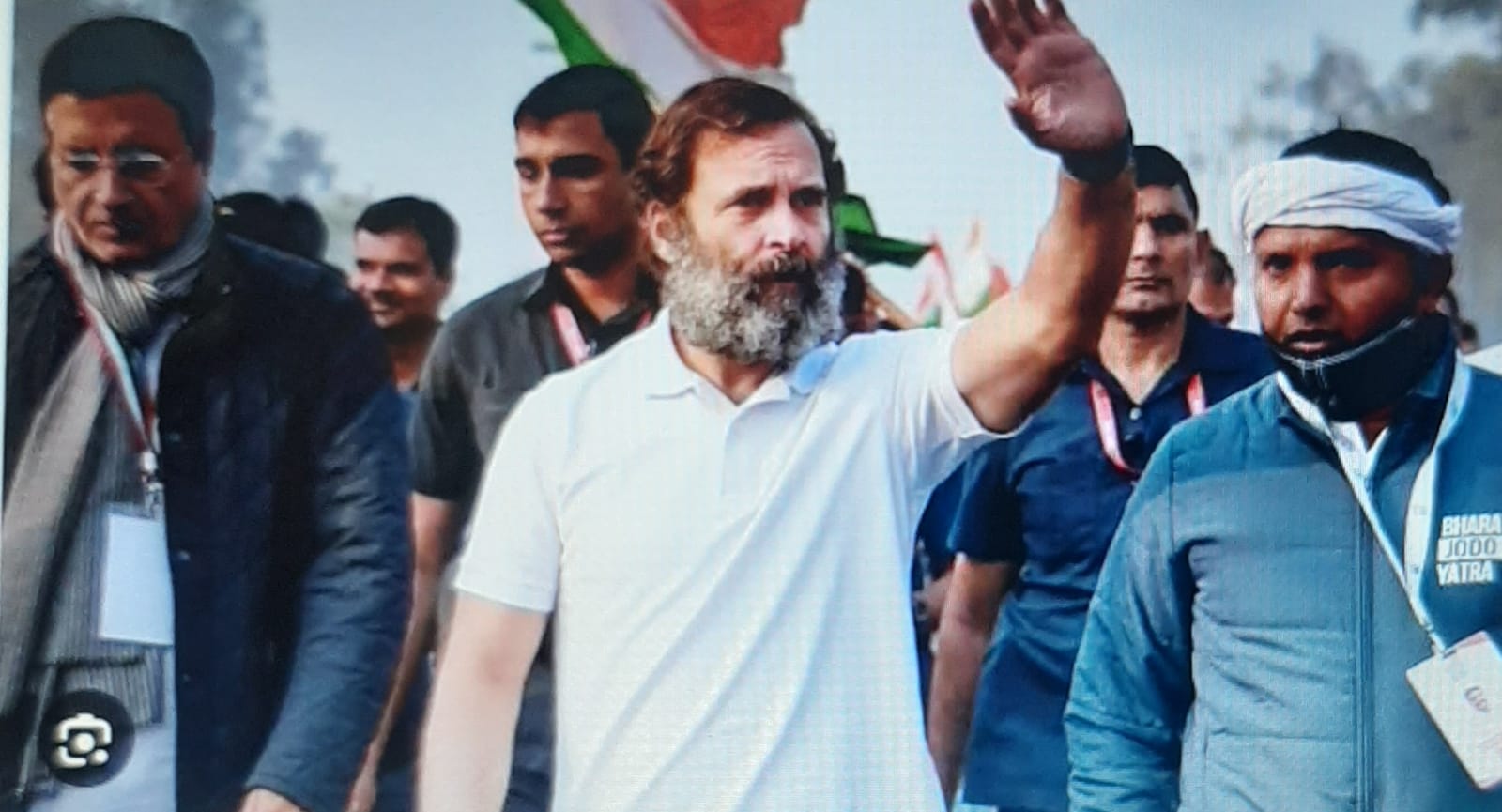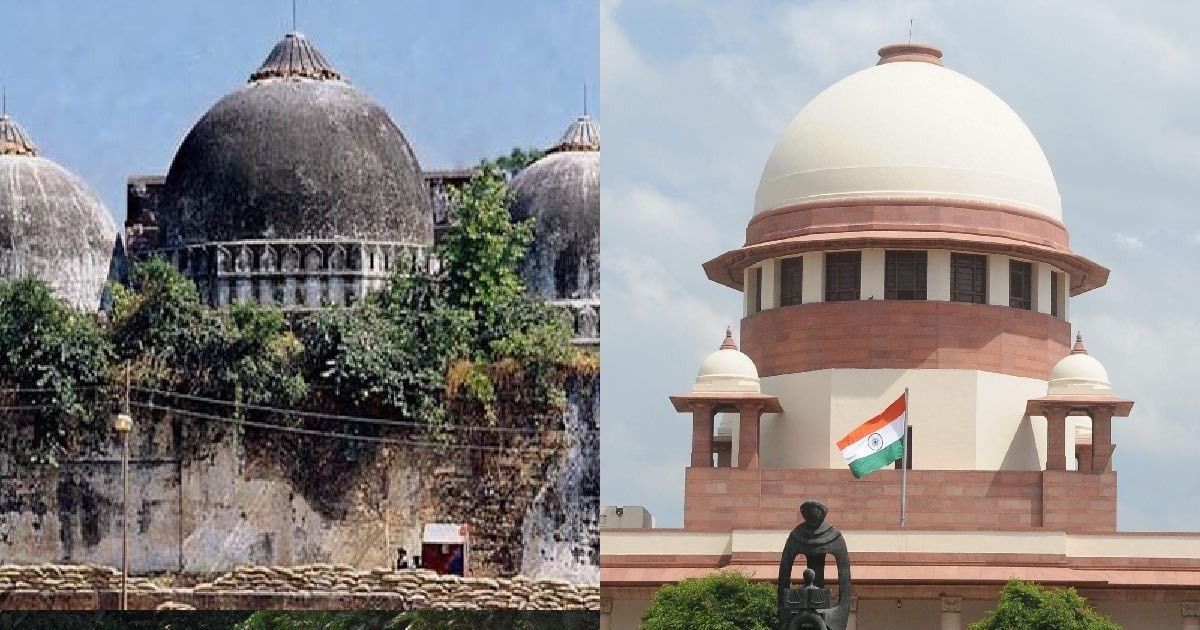
New Delhi: In a span of ten working days in two weeks starting today, CJI Ranjan Gogoi-led benches in the Supreme Court will deliver four important judgments before he retires on November 17. Apart from the Ayodhya land dispute case, litigation on which has been going on since 1885, on the CJI’s plate are petitions seeking review of SC judgement allowing entry of women of all ages into Sabarimala Ayyappa temple, a review of the SC judgment giving clean chit to government in Rafale deal and a petition seeking to bring CJI’s office under the ambit of RTI Act. The judgments will have an impact on the social, religious and political sphere of the country.
Same old story: The ‘pile-up’ of important cases in the CJI’s court, days before retirement isn’t new. The previous CJI Dipka Misra-led benches were supposed to deliver judgments on at least eight important issues in the last six working days before his retirement. These included verdicts on validity of Aadhaar, whether the Ayodhya case should be referred to a five-judge bench, entry of women in Sabarimala Ayyappa temple and validity of Section 497 of IPC, which punished a married man alone for having sexual relations with a married woman without the consent of her husband.
Does it matter? Apart from increasing the workload of the judges to finish writing their judgment before a fellow judge on the bench retires, the rush may have an impact on the quality of discussions the judges have about the case. For instance, about the then CJI Altamas Kabir’s last judgment before he retired in 2013 striking down the National Eligibility-cum-Entrance Test or NEET, the only dissenting judge on the three-judge bench headed by the CJI had this to say: “As the Chief Justice is to retire within a few days, I have to be quick and therefore, also short. Prior to preparation of our draft judgments we had no discussion on the subject due to paucity of time …”. That’s not an isolated case. Among examples of “some momentous cases where collective decision-making did not happen” due to a judge’s retirement, senior SC advocate Raju Ramachandran cites the following in his column: Kesavananda Bharati judgment of 1973 (that outlined the basic structure doctrine of the Constitution) in which one of the judges “wrote that the impending retirement of Chief Justice Sikri did not leave enough time after the conclusion of arguments for an exchange of draft judgments” and a 1980 SC judgment striking down the Urban Land Ceiling Act of 1976 in which one of the judges on the bench wrote “my impending retirement impels a hurried recording of my reasons for subscribing to the order passed just now”.
Meanwhile, CJI designate Justice Sharad Arvind Bobde (he will assume charge as the 47th CJI on November 18) said on Sunday that the highest priority of any judicial system has to be dispensation of timely justice. “Justice cannot be unduly delayed and it cannot be unduly hurried. It must come in due time,” he said.


